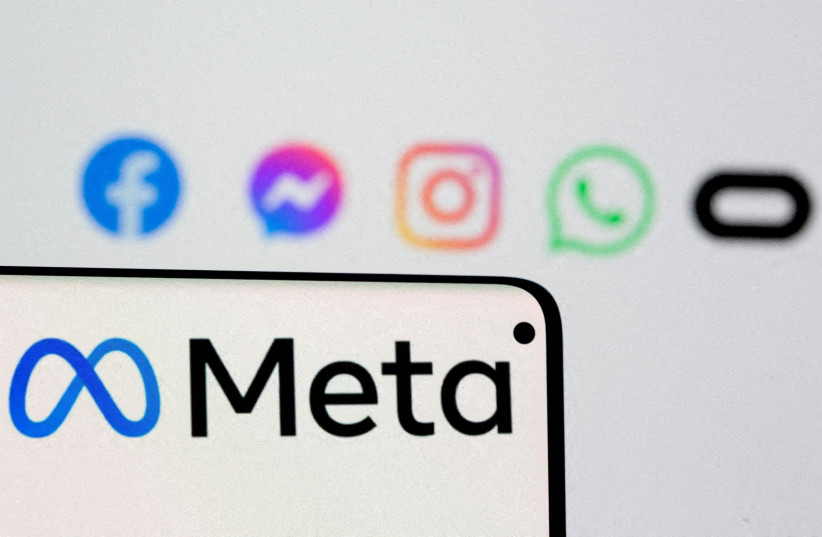As an Arab woman born and raised in Israel, my heritage blends Israeli, Palestinian, Syrian, Lebanese, Iraqi, and Bedouin roots, pulling me in many different directions. It often feels as though my identity is caught between two worlds and misunderstood by both; trapped in a snow globe, constantly shaken by society, with all the pieces of who I am swirling around in a storm.
Whether speaking Hebrew, English, or Arabic, I’m frequently asked where I’m “really from.” In Hebrew, the question is, “Where did you make aliyah from?” In English, people ask if I was born in Israel. When I speak Arabic, my accent is called “too thick ” for a native speaker. Even my name, Koral, seems out of place to those who expect something “more Arabic.” These constant assumptions and questions reflect the broader societal tendency to oversimplify complex identities based on preconceived notions. This personal struggle, however, is not just a societal issue. it is worsened by the digital platforms we rely on daily, which further amplify biases and misrepresentations of identity.
In an era where technology dictates much of our social interactions, digital platforms not only distort the true complexity of individual identities but also reinforce and even amplify societal biases. Rather than fostering understanding, these prejudices provide a distorted reflection of who I am and what I represent, oversimplifying identities to fit narrow, predefined categories and reinforcing stereotypes that shape our offline realities.
A more controlled reality taking over
The Internet was once seen as an equalizer, a space where everyone could share their voice and identity. However, as tech companies have grown in power, the promise of a democratized digital world has given way to a more controlled reality.
As Shoshana Zuboff explores in The Age of Surveillance Capitalism, platforms such as Facebook and Google collect our personal data to predict our behaviors, shaping what we see, read, and even think. These platforms filter our identities through algorithms designed to match us with content that fits predefined categories, based on biases built into their systems. As a result, the nuanced realities of our lives are flattened, turning complex individuals into simplified stereotypes.

For example, when I post in Arabic on social media, algorithms often categorize my content under generic labels, prioritizing stereotypical content about Arab culture and failing to capture the nuances of my identity.
As Zuboff notes, tech companies profit from extracting and analyzing our data, creating a “behavioral surplus” that allows them to predict and influence our actions. The more they know about us, the more accurately they can target us with advertisements, reinforcing the very biases they’ve helped create. Facebook’s algorithm, for example, tends to prioritize content that aligns with the majority’s views, thereby reinforcing echo chambers that perpetuate misconceptions rather than fostering understanding, thus further isolating users in their pre-existing belief systems. The consequences of these digital filters are profound.
As a Palestinian-Israeli woman, I am often asked where I come from, a question that reflects the stereotype that there is a single, “correct” answer. Studies show how Facebook’s algorithm-driven echo chambers steer individuals toward homogenous content, limiting exposure to diverse perspectives.
The digital world, designed to connect us, often disconnects us by reducing the complexity of our experiences to convenient, easy-to-understand categories. This creates a cycle of digital misrepresentation in which people like me are forced to explain their identities repeatedly, not only in real life but also online.
The article “Social Injustice in Surveillance Capitalism” by Jonathan Cinnamon of the University of British Columbia – Okanagan adds further depth to this argument, discussing how surveillance capitalism facilitates systemic injustices through data commodification without fair compensation and misrepresentation – enabling discriminatory practices and marginalization.
For people like me, this means being categorized in ways that erase the multifaceted nature of our identities, reinforcing societal biases and amplifying misrecognition. Our identities are not one-dimensional.
If we want a digital world that truly reflects the diversity and complexity of human identity, we must demand more from the platforms we use. This means pushing for greater transparency in algorithms, advocating for diverse representation in digital spaces, and holding tech companies accountable for the biases they perpetuate.
Returning to the snow globe metaphor, we must shatter the glass that confines us, allowing the pieces of our identities to settle naturally and authentically in a world free from artificial constraints. Only by breaking free from these limiting filters can we create a more inclusive and authentic online world, one where every identity, no matter how complex, is truly seen and understood.
The writer is an Arab Israeli communications student and honors program participant, specializing in digital influences and perceptions, at Reichman University.
